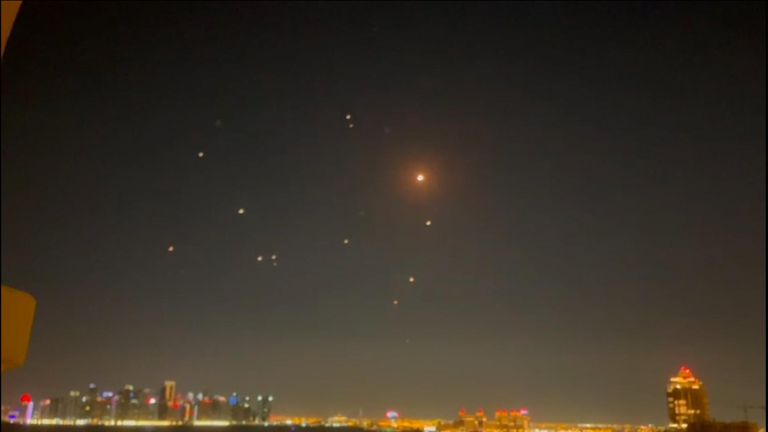Doha, Monday — A day after the United States bombed three underground nuclear sites in Iran, Tehran responded by targeting America’s largest military base in the Middle East.
Explosions were heard over Qatar’s capital as Iran launched missiles at Al Udeid Air Base. This base hosts thousands of American troops. It was a clear message, but not one meant for Doha.
Iran quickly released a public statement. It assured the Qatari people that “you are not our enemies.” The strike, Iran said, was aimed at U.S. forces, not the host country.
Akbar Velayati, a senior adviser to Supreme Leader Ayatollah Ali Khamenei, warned of future retaliation. He said that any base used by U.S. forces — whether in the middle east or beyond — could be a target.
Qatari officials said all missiles were intercepted. They confirmed that there were no casualties. The U.S. military also reported no damage to the base and no other regional sites were hit.
As tensions grow across the Gulf, the UAE, Kuwait, and Bahrain have closed their airspaces. These moves reflect serious concern over safety and escalation.
Meanwhile, U.S. President Donald Trump issued a statement. “I’d like to thank the highly respected Emir of Qatar for all that he has done in seeking peace for the region,” he said.
The Gulf nations now face a familiar challenge. They host U.S. forces but do not want to be dragged deeper into regional wars. Qatar, the UAE, Kuwait, and Bahrain are caught in the middle of the conflict, each is trying to balance diplomacy and geography while risking its own people’s safety in a growing conflict.


